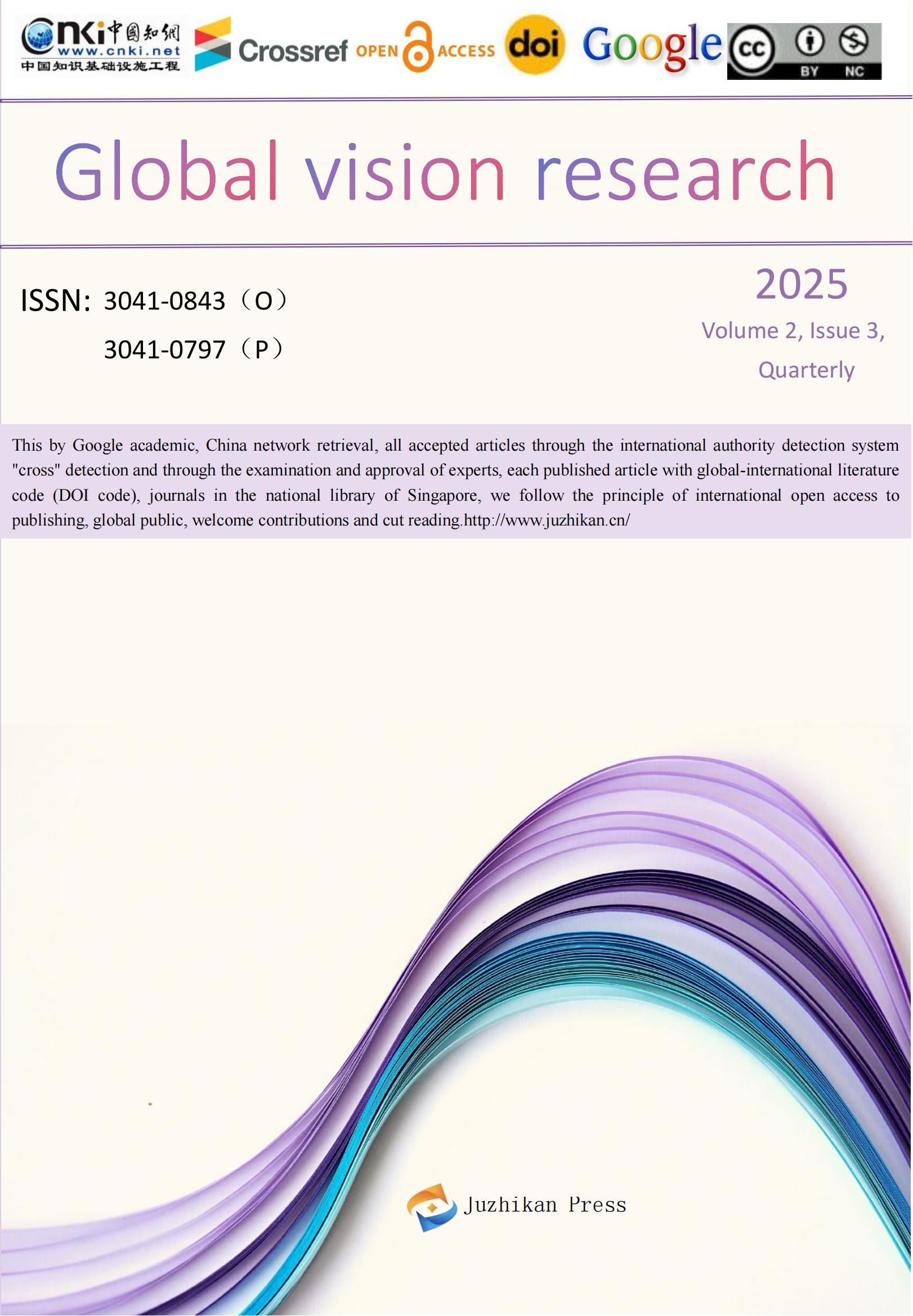
 info@juzhikan.asia
info@juzhikan.asia
 info@juzhikan.asia
info@juzhikan.asia
How do they achieve high satisfaction in the community? --- The strategy of A Community in Yangpu District to solve the "difficult parking" problem
Li Mengbin
University of Shanghai for Science and Technology,shanghai, 200093;
Abstract:The comprehensive management of "parking difficulty" is an important measure to practice the important concept of "people's city", an inevitable requirement to ensure urban safety, and an important starting point to promote urban fine management. The General Office of the Shanghai Municipal People's Government has formulated the Three-year Action Plan for Building "Beautiful Homes" in Shanghai Residential Communities (2018-2020) according to the "Working Opinions on the Comprehensive Management of Residential Communities in Shanghai" (Shanghai Government Office issued No. 3, 2015), of which the difficulty of parking in Shanghai is an important part. In recent years, Yangpu has continuously innovated the road of community governance, many old residential areas have vigorously "long" new stories, Yangpu has continued to promote the "parking resources optimization" public support project, combined with the construction of "beautiful home" and the deepening of community parking autonomy.From the "parking difficulty" problem district to the parking demonstration district, based on the social permission model and the collective action theory, the mission-oriented political party theory and the participatory governance theory, this paper combines the field research results to conduct A multidimensional analysis, and deeply analyzes the key factors of the successful solution of the "parking difficulty" problem in the district A. Community party building to give play to the leading advantages, multiple main bodies to cooperate and participate together, to re-plan the greening of the community, efficient use of land resources, clever use of "east wind" to reduce construction costs, etc., are the successful way for A community to solve the problem of "parking difficulties". Community A sets a model for how to solve the
problem of "parking difficulty" in old residential areas, and also provides a meaningful reference value and important contribution to the grassroots governance work in Shanghai.
Key words: "parking is difficult";Multi-subject;participation;Community party organization;Residents committee;Case Text
References
[1] Du Xiaoyan, Wu Qian. "Grand Linkage + Micro-Update" : A Dashilan Sample of the Community for Block Governance [J]. Journal of Shaanxi Administration Institute, 24,38(01):5-10.
[2] Edited by Chai Zhikun; Guo Jinsheng, Zhou Rong, Yang Tao, et al. Associate Editors. Safety Risk Prevention and Control in Urban Residential Communities [M]. Shanghai: Tongji University Press, March 2021.
[3] Hu Meiling. Research on the Collaborative Governance of Rural Environmental Mass Incidents in China [M]. Changsha: Hunan University Press, December 2022.
[4] Manser Olson (USA). The Logic of Collective Action, Public Goods and Group Theory [M]. Shanghai: Shanghai People's Publishing House, January 2018.
[5] Lu Chenrui, Jiang Ziwei, Shen Qiting, et al. Research on Path Optimization of Villagers' Participation in Rural Public Space Governance: A Case Study of Rudong County, Jiangsu Province [J] Rural Economy and Science & Technology,2024,35(09):182-185.
[6] Zhang Airong, Chen Junfang, Kuang Yi, et al. Social Licensing Issues Arising from Environmental and Ecological Awareness: Origin and Response [J]. Advances in Psychological Science,2018,26(10):1711-1723.